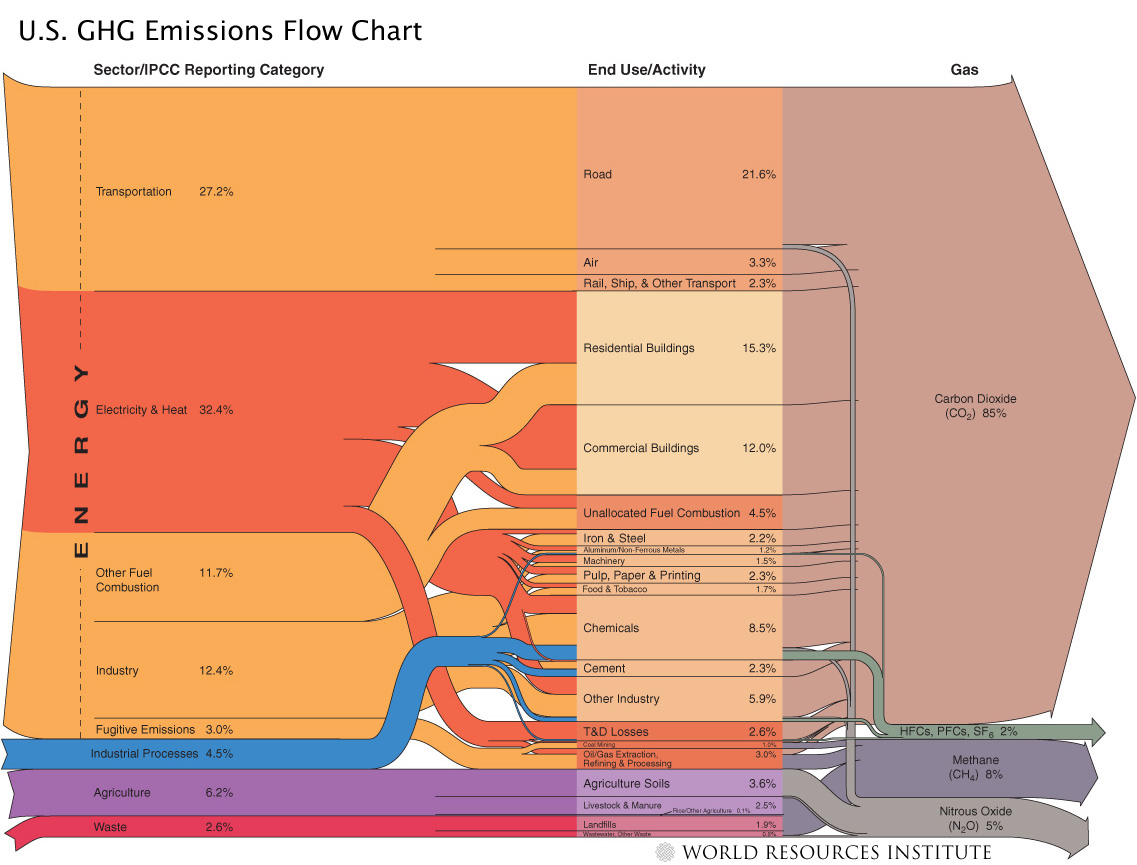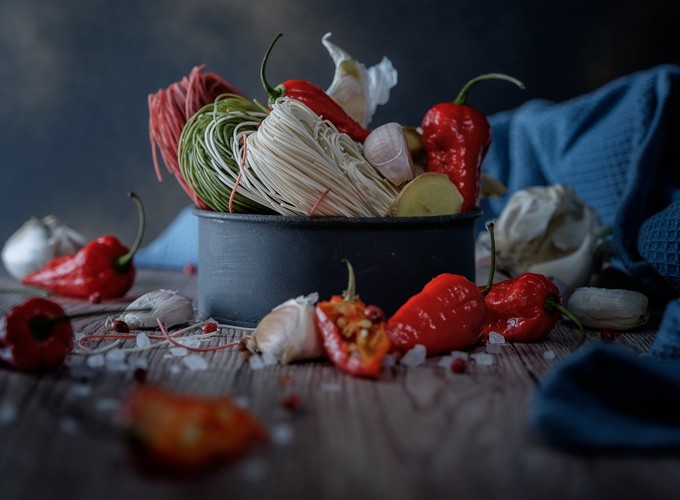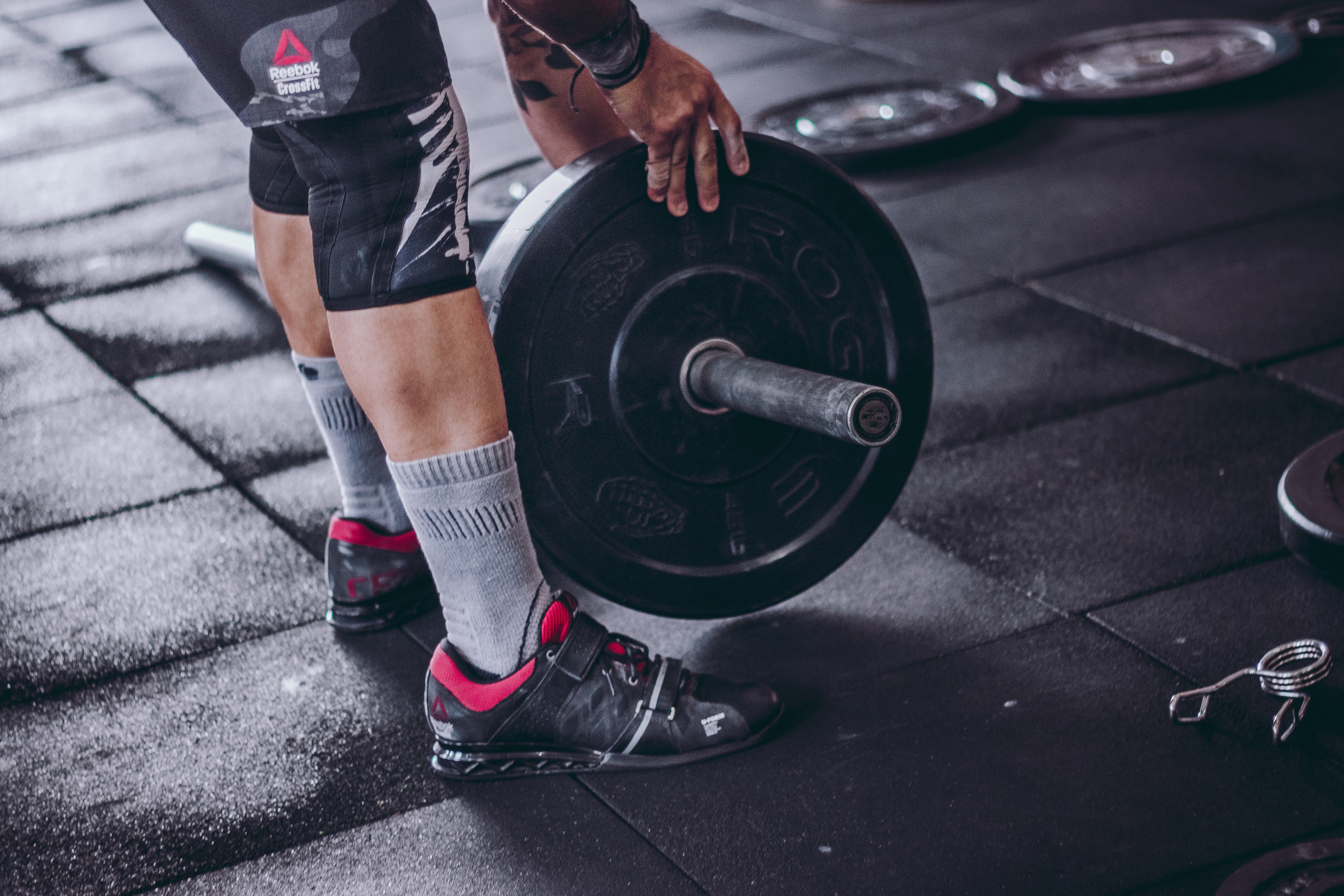I began the long Memorial Day weekend this year with a renewed interest in home cooking. This time, I wanted to begin making plant-based meals.
This was in sharp contrast to the low-carb and very high fat and protein animal diet I’d been practicing as recently as March of this year. Ever since then, I’d been trying to avoid meat whenever it was convenient, but I hadn’t yet resolved to cook at home.
What sold me
I’d been a “junk food vegetarian” for a year or two about 15 years ago. I remember eating a lot of mycoprotein “chicken” sandwiches, canned soups with an added quarter brick of tofu, scrambled eggs with butter, and plenty of mac and cheese.
What recently put me back on the path to vegetarianism, and then quickly to a fully plant-based diet, were these lessons, in chronological order:
- This diet will vastly reduce my contributions to climate catastrophe.
- My strength training can benefit from this diet.
- This diet will have a large impact on my long-term health.
- Having been reminded of it, I can’t ignore the cruelty inherent in animal agriculture, whether industrial or family-farm organic/grass-fed/free-range/organic/“cruelty-free.”
Environmental impact
In March a friend reminded me of the environmental impact of animal agriculture.
[…] Globally, animal agriculture is responsible for a larger proportion of human-caused greenhouse gas emissions (14-18%) than transportation (13.5%).1
Broadly, this means that using only zero-emissions forms of transportation like walking and biking has less of an impact on climate catastrophe than ceasing to consume animal products. Claims that animal agriculture has a more disastrous effect than every other anthropogenic factor combined are misleading.
 source: World Resources Institute
source: World Resources Institute
The livestock sector is responsible for about 37% of human-caused methane emissions, and about 65% of human nitrous oxide emissions (mainly from manure), globally.1
Animal agriculture uses insane amounts of fresh water per food calorie.
Pollution from animal waste (excrement) kills fish in nearby waterways and contaminates produce like spinach and alfalfa sprouts with e. coli.
Fertilizer runoff – the vast majority of which is needed to produce plants for animals to consume – is responsible for the dead zone in the Gulf of Mexico.
The demand for animal feed (soy, alfalfa, etc.) is high enough to incentivize massive deforestation2, which is responsible for species extinction and the loss of one of the planet’s largest carbon sinks.
If it’s convenient…
My gradual transition wasn’t difficult. I didn’t feel like I was depriving myself of anything so much as crowding out elements of my previous diet by introducing alternatives.
- During a short vacation to my soon-to-be-home city, I bought only vegetarian/vegan food from a natural foods store close to my new apartment.
- I switched from milk to soy lattes for the occasional espresso drink.
- I began ordering my favorite pizza with tofu replacing the chicken.
- During a company-sponsored team dinner at an Italian restaurant, I ate pasta stuffed with cheese instead of meat. There were no vegan options available.
Once I was open to the idea that I’d be able to persist with a plant-based diet, I was willing to confront the images of slaughterhouses that I knew would be waiting for me down a rabbit hole of documetaries. These were already familiar, but not everyone is immediately and fully convinced by them in comparison to other motivators.
This if-it’s-convenient vegetarianism was an easy start, but what shifted me to an entirely plant-based diet was discovering a group of vegan bodybuilders on YouTube.
Vegan bodybuilders?
- Nimai Delgado spoke at Google about his childhood and his career change from engineering to bodybuilding.
- Derek Simnett talks about his decision to advocate for a vegan diet by showing that an impressive physique can be built from scratch without animal products.
- Brian Turner appears to have reversed his severe cystic acne – despite using the highly toxic drug Accutane, to which the teenage me can relate – by switching to a plant-based diet.
But muh cheese
I’m from Wisconsin. I love pizza. I couldn’t begin to count the pounds of cheese I’ve eaten in 40 years.
Its percentage of calories from fat (70%) dwarfs most other foods. It seemed perfect for my ketogenic diet, high in protein and especially high in fat, but as it turns out, it’s not much of a health food. This is wholly unsurprising according to more conservative past nutritional guidelines.
One could argue that keeping cows perpetually pregnant and separating them from their offspring – slaughtering the males – is cruel even on the most responsible and humane-minded family dairy farms.
Industrial dairy is cruel and disgusting. I’ve known but ignored this for years. Unless a restaurant advertises the source of its milk products, it’s almost certainly industrial CAFOs.
Bioaccumulation of dioxin in large animals is a health hazard for people who consume them. I’d also rather not be consuming IGF-1 from milk products on a regular basis.
But muh eggs
Because male chicks can’t lay eggs, they’re either killed at birth – often without anesthesia – or raised to be eaten later. Numerous documentaries about CAFOs explain the appalling details.
But muh fish
Overfishing is pushing species to extinction. We may see the end of tuna within my lifetime. We treat our oceans and waterways as trash dumps for plastic and sewers for waste – human, animal, and industrial, and large species accumulate heavy metals and plastics it in their digestive systems and tissues.
Small fish, e.g., sardines, bioaccumulate less mercury, but they’re not a difficult food to abandon, considering their oily, fishy taste and the fact that chia seeds are a perfectly adequate source of omega-3 fatty acids.
Speaking of heavy metals
Gorjira is one of my favorite bands. Their song “Silvera” came up on shuffle while I was preparing one of my first plant-based meals:
Time to open your eyes to this genocide.
When you clear your mind you see it all.
You’re receiving the gold of a better life.
When you change yourself, you change the world.
Their singer, Joe Duplantier, eats a plant-based diet.
Cooking
I’ve dabbled with cooking in the past, but not often or fully enough to be comfortable inviting guests for dinner. I’m tired of being embarrassed about it. Healthy cooking could save my life, and it’ll definitely save me a ton of money in the meantime. I need a new hobby anyway.
Inspired by a couple cookbooks I’d bought earlier that week, I made my first trip to the grocery store with a few specific meals in mind.
The recipes
My first recipe was a simple plant-based variation of a simple dish I’d made many times before with a pound of ground beef, a bag of frozen stir fry vegetables, and a half-jar of Thai peanut sauce. This time, the pound of protein came from a half-pound package of plain seitan and a half-pound of plain tempeh. I actually liked the taste better than the ground beef version. This felt like an easy win.
The second recipe was a slow-cooker vegan jambalaya. I added a half-pound of chorizo-flavored seitan, which brought the protein to 40 g per serving with nearly zero fat. It was ready for Memorial Day, and it lasted until Friday night.
It cost $18.60 for four to five 400 g servings (I lost count by the end of the week). $4 seems pretty good compared to a $36 delivery of pizza and cream cheese poppers that’s closer to 3-4 servings, $9-12 each. Of course, the difference in protein content, and nutrition generally, is enormous.
Lessons learned so far
Getting protein directly from plants is over 10x more efficient in terms of resource consumption than getting it from the animals that eat them, which really appeals to me as an engineer.
Athletes that switch to plant-based diets report higher performance and strength. Their recovery from workouts is quicker. I’d chalk this up to the higher bioavailability of nutrients in a plant-based diet due to easier digestion, as well as reduced inflammation from the absence of an immune response to animal proteins such as casein.
Soy doesn’t “feminize” men, contrary to a pile of misinformation and superstition I’d believed. In contrast, its phytoestrogens bind to our estrogen receptors, reducing the risk of conditions like gynecomastia and ED. Although I’ll admit this is only anecdotal, Brian Turner ate over a pound of soy per day for 30 days and measured an increase in testosterone.
Heart disease is prevented or reversed by the elimination of stress against endothelial cells. The endothelium (inner lining) of blood vessels uses nitric oxide to signal the surrounding smooth muscle to relax, thus resulting in vasodilation and increasing blood flow. This is similar to the effect that sildenafil (Viagra) has. ED can be a “canary in the coalmine” for vascular disease.
A plant-based diet can prevent or reverse obesity, cardiovascular (heart) disease, hypertension, type II diabetes, muscular sclerosis, renal disease, and rheumatoid arthritis.
Reduction in circulating TMAO is an important intervention for vascular health. TMAO (trimethylamine n-oxide) is created by gut bacteria in the presence of carnitine – from red meat. TMAO alters cholesterol metabolism in the intestines, in the liver, and in artery walls. In the presence of TMAO, there is increased deposition of cholesterol in, and decreased removal of cholesterol from peripheral cells such as those in artery walls. A 2017 meta-analysis found higher circulating TMAO was associated with 23% higher risk of cardiovascular events and a 55% higher risk of mortality.[16]
Vitamin B-12 (hydroxocobalamin) is created by bacteria found in soil. B-12 deficiency – common to all modern diets – is the result of modern sanitation; i.e., we no longer drink directly from bacteria-harboring streams or ingest much soil from gathered plants. Nearly every time I’ve heard the fact that vegetarians/vegans can’t get B-12 from a plant-based diet without supplementation, the context has been missing that it’s only prevalent in animal products because the animals eat the soil. B-12 deficiency can contribute to premature graying of hair.
Time will tell
I’m hoping my doctor will be willing to order another lipid panel a month or two from now. I’m optimistic about my eventual health outcomes. Regardless of the rate of improvement, I’m in for the long haul.

